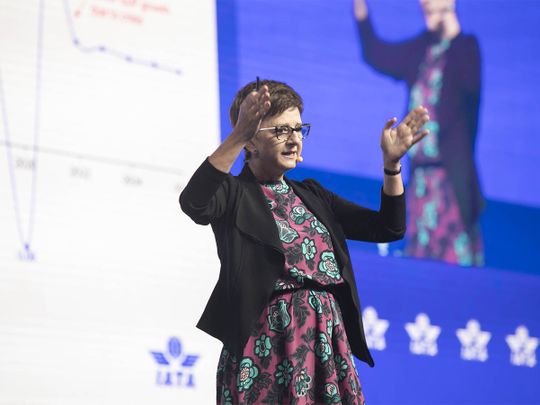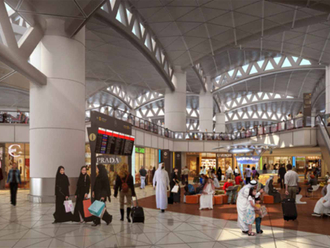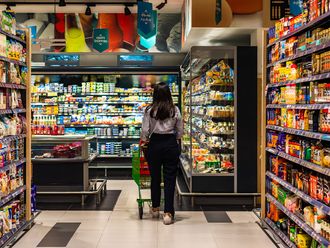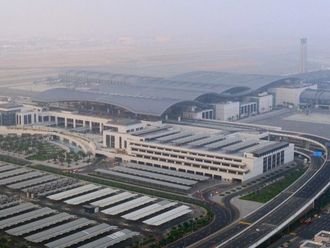
Doha: Airline industry body IATA (International Air Transport Association) said the pent-up travel demand, which has been driving passenger traffic for most airlines, will start to wane in 2023 due to high rates of inflation.
“The traveling deficit is so great that people are willing to pay a higher price to satisfy that,” said Marie Thomsen, IATA’s Chief Economist, during the IATA AGM in Doha. “Into 2023, this will definitely start waning… (as) high levels of inflation (persist).”
Thomsen said that the high precautionary savings accumulated by consumers during the crisis may be depleted at some point due to higher costs and travel-related expenses. But, demand will continue to be supported by falling unemployment rates in the US and other developed economies.
“Very few economists thought that that recovery would happen so swiftly, and while that comes with its own set of problems, it still means that people are still earning,” said Thomsen. “As long as people are earning, I am not concerned in the absolute about the higher rates of inflation.”
Thomsen said that the global scenario will turn more negative when unemployment rates start rising. “That depends on what will happen in China.”
The South Asian country, which had the largest commercial air travel market in 2020, has been following a zero-COVID policy and industry stakeholders at the IATA event said that China’s recovery will not be as quick as anticipated earlier.
Higher airfares
Rising fuel prices have emerged as the biggest concern for airlines in the industry’s post pandemic phase. Qatar Airways CEO Akbar Al Baker said fuel represented about 40 per cent of the airline’s cost structure.
“We were hedged the last financial year and hedged to a lesser extent in 2022,” said Al Baker. “At the end of the day, we have to raise prices to cover for the increasing cost of fuel.”
The airline chief said he would not be surprised if oil prices jumped to $200 a barrel due to an escalation of the Russia-Ukraine conflict. Brent crude - the international benchmark for oil - is currently at around $116 a barrel.
Airline heads defended passing down the costs to the passengers. “We have had two years where most of us had extreme losses, so I don’t think there’s any choice but for (ticket) prices to go up,” said Jayne Hrdlicka, CEO of Virgin Australia.








